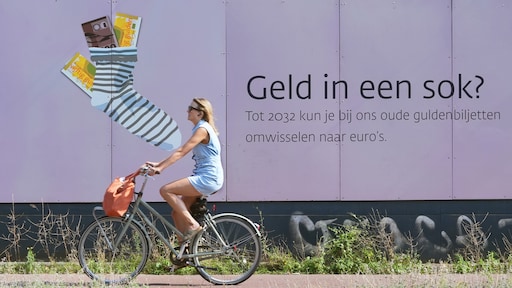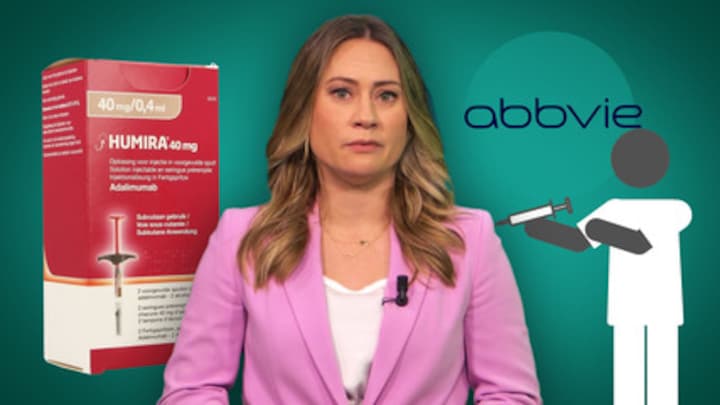Investors can now reclaim excess wealth tax paid from the tax authorities


Starting this month, people who believe they've paid too much wealth tax in recent years can correct this with the Dutch Tax and Customs Administration. The tax authorities will begin sending letters allowing investors to report their actual returns.
Investors are entitled to compensation if they can demonstrate that the returns they've earned on their stocks, bonds, and real estate over the years are lower than the fictitious returns on which they were required to pay tax. This also applies to those with substantial savings who received interest on them.
First 2022The first letters sent will be for the 2022 tax year. 2023 will follow in September. It is not yet known when the letters will arrive for the other years.
The Tax and Customs Administration warns that it could take until 2028 for investors to receive a letter. "Because we have to send over 10 million letters, we can't do everything at once. We realize this is a long time," the Tax and Customs Administration's website states .
This only applies to investors, however; those with only savings in Box 3 can already calculate for themselves whether it makes sense to declare their actual return. The letter to investors includes the fictitious return the Tax and Customs Administration used for tax returns. You'll need this when entering your actual return.
The recovery operation is necessary because the Dutch Tax and Customs Administration has been levying taxes for years on a fictitious return on savings, stocks, and real estate. This is known as the wealth tax, also known colloquially as the savings tax. The tax authorities did this regardless of what people actually earned (or lost) from the interest on their savings and investments.
Time for 'legal redress'The Supreme Court already ruled in 2021 that this system was unfair: people paid taxes on income they never had. The highest court also struck down the recovery scheme, introduced in 2022, which still partially calculated an assumed return for investors.
Taxpayers affected by this must now be compensated, a so-called "legal redress." They can submit their actual return in the coming years. If it's lower than the fictitious return, they'll receive a refund. If it's higher, they won't have to pay anything extra.
People with large savings or loss-making investments in certain years in particular can receive a considerable amount of overpaid tax back.
The savings tax will remain a major headache for the government in the coming years. Not only will compensating affected savers and investors cost billions, but the alternative to the Box 3 tax will also be delayed. It was revealed late last year that the earliest date for its implementation is 2028.
That won't happen until January 1, 2028, at the earliest, wrote outgoing State Secretary Tjebbe van Oostenbruggen at the time. By then, the Tax and Customs Administration's IT will have been sufficiently upgraded to introduce a new tax. The original plan was to introduce the new savings tax this year. The postponement will cost an additional €2.55 billion per year.
In the video below we explain how much savings is actually enough:
RTL Nieuws








